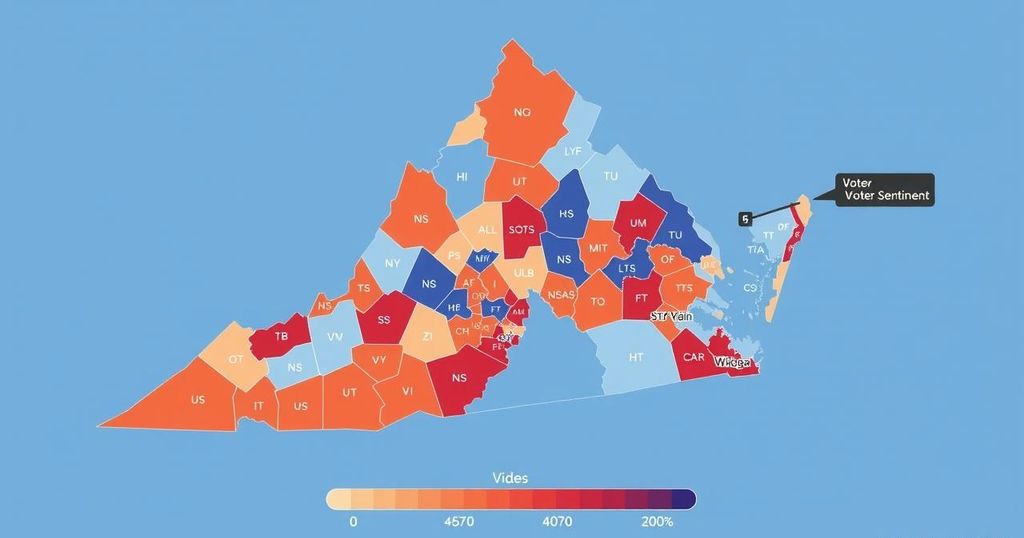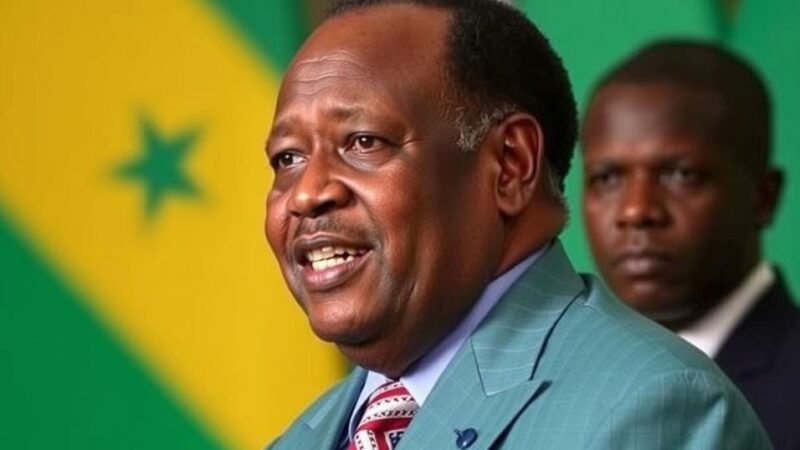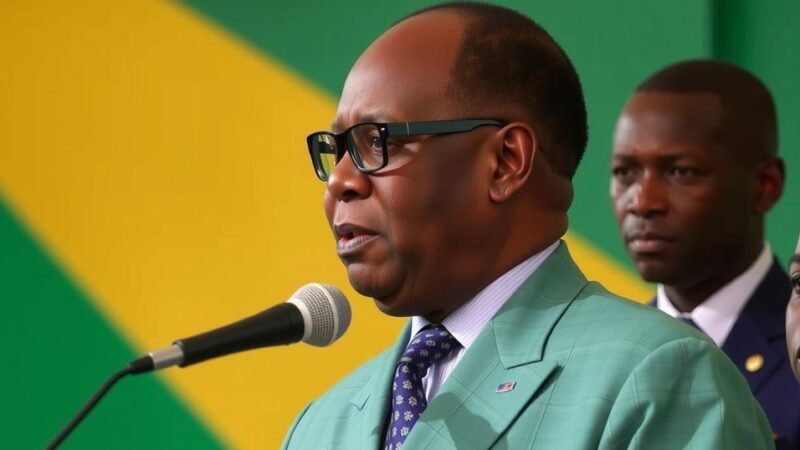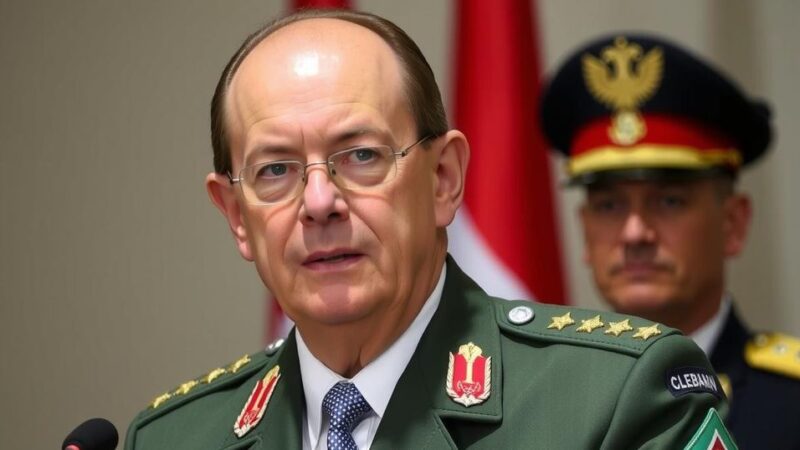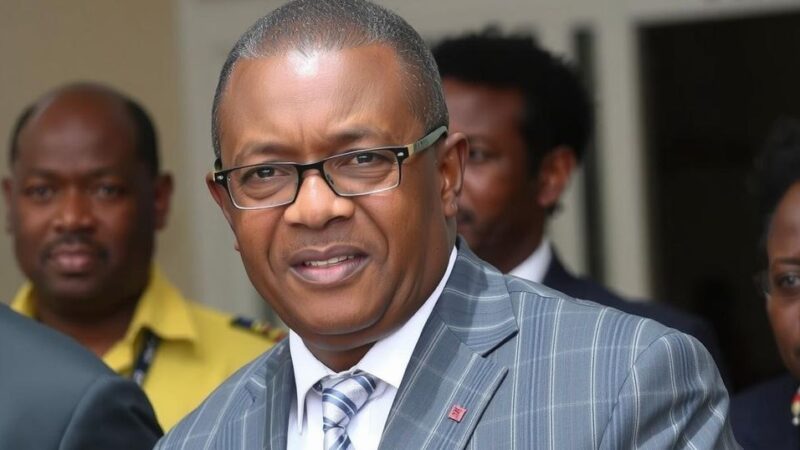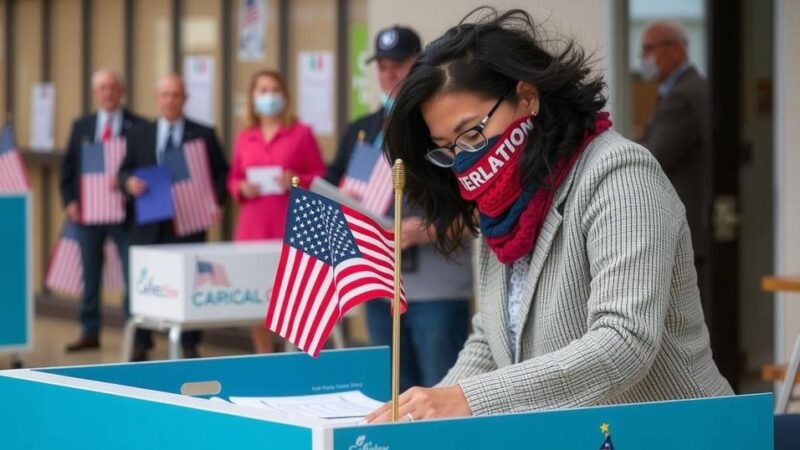The Virginia special elections demonstrated no major changes in voter sentiment, as Democrats maintained control in crucial districts despite Republican efforts. The outcomes set the stage for the upcoming gubernatorial race in 2025, highlighting the challenges that incumbent Governor Glenn Youngkin faces with a Democratic legislature. Political observers are focusing on how these dynamics might shape future elections amid ongoing national scrutiny.
The recent special elections in Virginia revealed no significant changes in voter sentiments, as Democrats retained control over two critical legislative districts. Republican aspirations to capitalize on their recent national successes fell short, as the Democratic Party successfully defended its slim majorities in both the House of Delegates and the state Senate. These elections, held just before the convening of the legislative session, have intensified scrutiny on the upcoming 2025 gubernatorial race, particularly regarding the standing of incumbent Governor Glenn Youngkin, who is nearing the end of his single term while navigating a divided legislature. With various members already declaring their candidacies for the governorship, the focus will remain on how political dynamics evolve heading into a pivotal election year.
The special elections marked a continuation of Virginia’s trend of competitive state-level races occurring in odd-numbered years. While Democrats emerged victorious in two overlapping, traditionally Democratic districts, they were opposed by vigorous Republican efforts aimed at disrupting their majority. The low voter turnout in Loudoun County, approximately 19% of eligible voters, in the aftermath of a snowstorm indicates possible voter fatigue, while comparisons to previous election cycles suggest that engagement levels remain inconsistent. Despite the lack of surprises in these races, they set the stage for heightened political activity leading up to the governor’s contest in 2025, with significant funding expected from both parties eager to assert dominance in Virginia.
The current political landscape reflects an ongoing challenge for Governor Glenn Youngkin, who, after opting out of the presidential race, may be contemplating a future bid while managing a responsive legislative agenda this year. His efforts to propose tax relief measures face considerable obstacles, given the Democratic majority in the legislature. Political analysts, such as Stephen Farnsworth, underscore the significance of the upcoming gubernatorial election as a clearer barometer of national voter sentiment compared to the recent special elections. The conversation surrounding Virginia elections will remain pertinent, given its unique position in the national political landscape following a presidential election.
Virginia’s political atmosphere remains dynamic, particularly as speculations mount about who will succeed Governor Youngkin, with candidates like Republican Lt. Gov. Winsome Earle-Sears and former Democratic Rep. Abigail Spanberger now vying for attention. Virginia will likely sustain interest from political observers and national stakeholders as these candidates navigate a governor race anticipated to be contentious and heavily funded from both party sides. The outcome will offer additional insights into voter sentiment trends going forward, particularly in the context of national political developments and partisan divides.
As elections unfold and the political climate evolves, the special elections in Virginia have illuminated critical pathways for both parties, demonstrating the importance of electoral engagement, partisan strength, and the potential implications for future elections at the state and national levels.
Virginia conducts its gubernatorial elections in the year following the presidential contests, making it a focal point for national political scrutiny. The state has been a historical battleground that reflects broader trends in voter sentiment across the United States. The recent special elections are particularly significant as they set the tone for the upcoming races and highlight the tensions between a Democratic-led legislature and a Republican governor who is navigating a politically charged environment. Observers are keenly interested in how these developments may influence the 2025 gubernatorial race, especially in light of recent national trends following presidential elections.
In summary, the special elections in Virginia confirmed existing voter loyalties without any major shifts, as Democrats safeguarded their legislative positions against Republican challenges. With the race for governor on the horizon in 2025, Virginia’s political landscape is under close observation, reflecting both state and national electoral dynamics. The actions and proposals introduced in this legislative session will likely be stepping stones towards the upcoming elections, as political figures position themselves in anticipation of greater electoral battles to come.
Original Source: apnews.com

